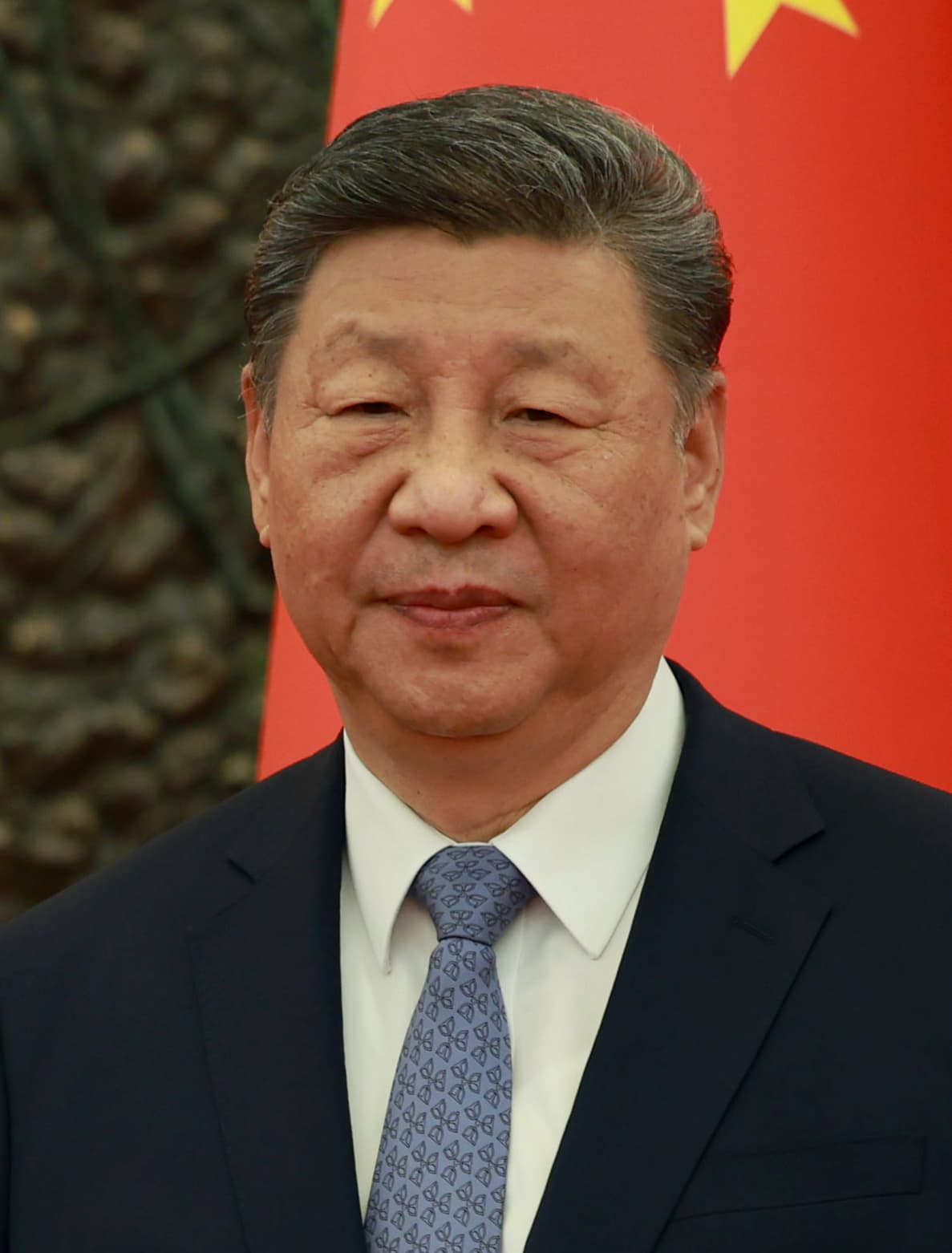US State Department's 'State Chairman Xi' Designation Marks Diplomatic Protocol Departure

The United States State Department recently referred to China's leader, Xi Jinping, as "State Chairman Xi" in an official readout, a notable departure from the commonly used "President Xi." This specific terminology was observed in a statement following a phone call between US Secretary of State Marco Rubio and Chinese Foreign Minister Wang Yi, occurring ahead of a planned meeting between President Trump and Xi Jinping at the Asia-Pacific Economic Cooperation (APEC) summit. The change in title has drawn attention to the nuanced diplomatic language surrounding China's leadership.
The original tweet highlighted this linguistic choice, stating, > "US read out used 'State Chairman Xi' instead of President Xi." This diplomatic phrasing is significant given Xi Jinping holds multiple key titles within China's political structure. His official title as head of state is guojia zhuxi, which literally translates to "state chairman." However, since 1982, the Chinese government has consistently translated this title into English as "President" to align with international diplomatic norms.
The use of "President" has historically been favored by most Western governments and media outlets, projecting an image of a modern head of state. Conversely, "State Chairman" evokes an earlier era of Chinese leadership and can be perceived as emphasizing the Communist Party's role over a democratically elected head of state. Xi's most powerful title, General Secretary of the Chinese Communist Party, is often used by some US officials to underscore the party's authoritarian control.
This recent shift by the US State Department could signal a deliberate diplomatic maneuver, potentially aiming to challenge the perceived legitimacy of Xi's leadership or to highlight the nature of China's political system. Past US administrations have similarly employed specific titles, such as "General Secretary," as a political statement during periods of heightened tension. Such linguistic choices are often interpreted as a "war of words" designed to convey a particular message in international relations.
The timing of this diplomatic nuance, preceding a crucial meeting between the leaders of the two global powers, suggests a calculated approach. The choice of "State Chairman" may serve to frame discussions and interactions, reflecting a broader strategy in US-China relations amidst ongoing trade negotiations and geopolitical complexities.